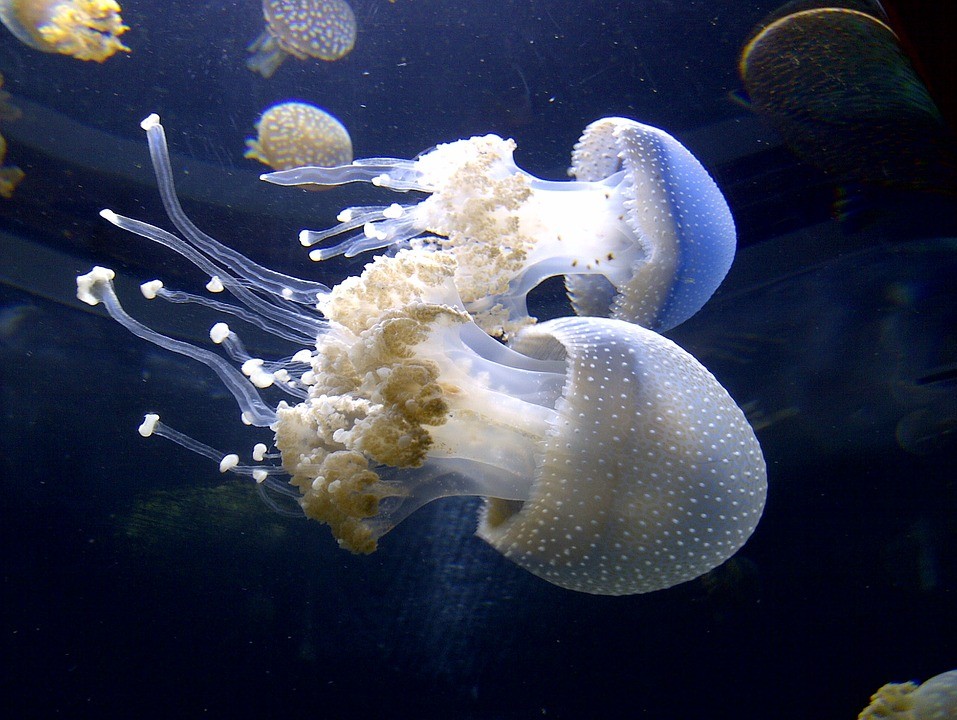
Global climate change and the human impact on marine ecosystems result in decreasing the number of fish in the ocean. Since overfishing decreases the numbers of jellyfish competitors, their blooms are in rise. They are regarded as annoying and even dangerous. The GoJelly project, coordinated by the GEOMAR Helmholtz Centre for Ocean Research, Germany, would like to change this perception and use jellyfish as source to produce microplastic filter, fertilizer or fish feed. The European Union approved its funding of EUR 6 million.
A consortium of 15 scientific institutions from eight countries has an innovative idea. In the GoJelly project they want to sensibly use this perceived threat. “In Europe alone, the imported American comb jelly has a biomass of one billion tons. While we tend to ignore the jellyfish there must be other solutions,” says Dr. Jamileh Javidpour of GEOMAR, initiator and coordinator of GoJelly.
What to do with the caught biomass? One idea is, for example, to use it against another man-made threat. “Studies have shown that mucus of jellyfish can bind microplastic. Therefore, we want to test whether biofilters can be produced from jellyfish. These biofilters could then be used in sewage treatment plants or in factories where microplastic is produced,” explain the researchers.
Jellyfish can also be used as fertilizers for agriculture or aquaculture feeds. “Fish in fish farms are currently fed with captured wild fish which does not reduce the problem of overfishing, but increases it. Jellyfish as feed would be much more sustainable and would protect the natural fish stocks,” says the GoJelly team.
The researchers also think of food production for human consumption. “In some cultures, jellyfish are already on the menu. As long as the end product is no longer slimy, it could also gain greater general acceptance,” stresses Dr. Javidpour. Finally yet importantly, jellyfish contain collagen, a substance very much sought after in the cosmetics industry.
“Jellyfish can be used for a many purposes. We see this as an opportunity to use the potential of the huge biomass drifting right before our front door,” summarizes Dr. Javidpour the approach of the project.
Source: © GoJelly